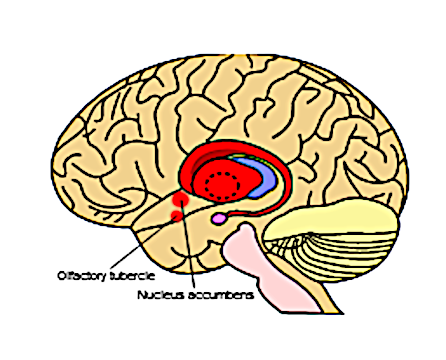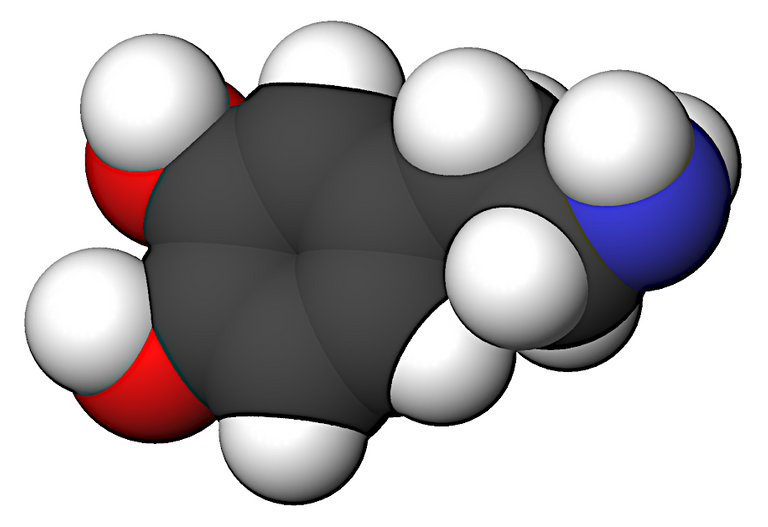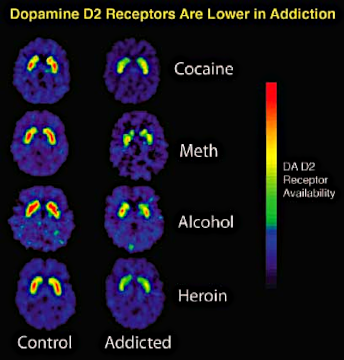Emmeline Pankhurst (Center) at Suffragette Meeting, Manchester, England, 1908

Credit: Author unknown. From New York Times Photo Archive. Public Domain.
Are you stubborn? If you are, do you wonder if you inherited the trait? I am stubborn. Whatever small success I have had in my life is attributable I am certain to that stubbornness. My mother would tell a story about a time so long ago I can't remember it.
My older siblings used to go off in the afternoons to hike on a mountain that was just beyond our backyard. My mother was preoccupied with an invalid child and an infant, 18 mos. younger than I was. I wanted to go with my siblings, but was too young. My mother tried to keep me home. No matter what she did, I would scream and howl until she let me go with my siblings.
Everything bad that she imagined could happen did happen on that mountain, except that I survived. And yet, the next morning I would get dressed and demand that I be allowed to accompany my siblings. That childhood streak of unreasonable stubbornness has stayed with me to this moment.
Shawungunk, the Trapps from Millbrook Ridge Trail

Credit: Juliancolton. Used under CC 4.0 license. We lived in the foothills of the Shawangunks. 'Our' mountain might have been more modestly proportioned than the one in the picture, but this is how I remember it. Takes my breath away, even now, to look at those cliff faces.
Is there a gene for stubbornness? In 2008 a group of research scientists working at the Max Planck Institute announced they had found one. They published a paper that suggested the trait for stubbornness is inherited on a mutated gene. They further suggested that 30% of all people may be born with the 'stubborn' trait.
A lead author of the study, neurologist Tilmann Klein asked, "Where would we be without those few individuals who refuse to accept defeat and who continue to soldier onwards when common sense tells the rest of mankind that there's no use trying?"
When I read about the report, I thought it likely I might have that gene. While I have accomplished no storied feats in my life, obstinacy is certainly one of my core personality traits. As I read further about the mutation and the gene's expression, it became obvious that the devil is in the details. This always seems to be the case.
D2 Dopamine Receptor
The 2008 report indicated that the real-life expression of the stubbornness gene could be found in D2 dopamine receptors in the brain. People inherit the trait, the study asserted, through an 'A1 mutation'. D2 receptors are located in several places in the brain. They are found at a high density in the striatum, nucleus accumbens, and olfactory tubercle, and to a lower extent in the hippocampus, amygdala, hypothalamus and cortical regions of the brain.
Striatum (Shown in Red): Location of D2 Receptors in the Brain

Credit: File:BrainCaudatePutamen.svg: userer:Leevanjackson.Derivative work: User:SUM1 Derivative work:
Used under 4.0International License
People who inherit the 'A1' mutation, have D2 receptors that have a decreased sensitivity to dopamine. The difference between people with more D2 receptors and people with less D2 receptors influences their respective responses to making mistakes.
When people with greater sensitivity (with more D2 receptors in their brains) make a mistake, they " are satisfied the first time around that a mistake is a mistake. They do not feel any desire to repeat their actions." However, people who have less dopamine sensitivity (have less of receptors), need to persevere, even after making a mistake. The lack of dopamine prompts them to continue until they achieve their goal.
The authors of the study go so far as to suggest:..." powerful figures such as Lord Nelson, Winston Churchill and suffragette leader Emily Pankhurst most likely had the "never say die" gene, which gave them the gritty determination to continue in times of hardship".
Winston Churchill,1941

Credit: Library Archives, Canada. Public domain. Perhaps Churchill most famous wartime speech was given on June 4, 1941. An excerpt from that speech: ""We shall fight on the beaches, we shall fight on the landing grounds, we shall fight in the fields and in the streets, we shall fight in the hills; we shall never surrender..."
Winston Churchill? Emmeline Pankhurst? Wow, that's some great gene I seem to have. Or that's what I thought. And then I started to read. Oh no. Abnormalities in D2 receptors are 'associated' with a host of dopamine related issues. Parkinson's. Schizophrenia. Addiction. Substance Abuse.
D2 receptors seem to be mighty powerful actors in the brain. I continued to read and learned that, as a matter of fact, the target of all anti-psychotic drugs is the D2 receptor. The action of the drug is to block dopamine. According to an article published in the National Library of Medicine, "D2 receptor blockade is necessary for an antipsychotic to be effective."
Dopamine Molecule

Credit: Sbrooks. Used under CC license 2.5, 2.0, 1.0. Colour code:
Carbon, C: black
Hydrogen, H: white
Oxygen, O: red
Nitrogen, N: blue
As a matter of fact, it is the dopamine-blocking action on the D2 receptor that causes one of the most distressing side effects of anti-psychotic drugs: tardive dyskinesia.. The drugs 'stick to' the receptor and accumulate there. It is this accumulation that causes the involuntary movements characteristic of tardive dyskinesia.
So much for celebrating the stubbornness gene. I reflected on my own personality and considered the fact that I don't have any addictions, I'm not schizophrenic, have never abused substances at all, and so far do not have Parkinson's disease. I wondered about the reliability of the first study, which posited the existence of a stubbornness gene.
So I read more, of course.
Brain Scan Showing Differences in D2 Receptors: Addicted and Non-addicted Individuals

Credit: Debra P. Davis, U. S. government. Public domain.
A 2016 article in the journal Nature did a meta analysis of several studies that looked at the influence of the gene mutation and its effect on D2 receptors. Further, it evaluated the association between D2 receptor variations and human behavior/pathology. It turns out, the 'associations' are weaker than individual studies may suggest and these 'associations' are not probative of causation.
It seems there is an interplay between neuropsychiatric syndromes and variations in D2 receptors. A quote from the study: "several examples were identified in which the presence of a neuropsychiatric syndrome modified the effects of genetic variants on D2 receptor".
Further analysis revealed a weakened association between the gene expression in D2 as other factors were considered at play. These factors included not only neuropsychiatric conditions, but also gender, age and body mass. The study comes to the conclusion that: "a fuller description of genetic and environmental factors that influence D2 receptor levels and related neurocognitive functions will improve our understanding of neuropsychiatric disease risk, pharmacological response and clinically relevant outcomes."

So, it seems, we cannot credit or blame, unequivocally, or even approximately our genes for variations in personality traits. We may be addicted, but that's not necessarily because we have inherited an A1 mutation. We may be stubborn, but we have to look at a combination of factors to explain that away.
In the end, it seems, we are the product of our genes, our environment and our own peculiar experience on earth. Why did I climb that mountain every day? Maybe it had as much to do with sibling order as genetics. Maybe it had something to do with the fact that my mother was busy, or that she didn't get enough sleep while I was incubating in her womb. The solution to the puzzle of why we are who we are may never be completely clear, but it is interesting to work at the edges of that puzzle.

Sources
Illustrations:
Fractal Accent: @justclickindiva on LIL
Sunset, @muelli on LIL
Research
https://www.cbs.mpg.de/en
https://www.scotsman.com/news/one-three-people-born-stubborn-and-if-you-dont-agree-tough-2471007
https://www.researchgate.net/profile/Tilmann-Klein
https://www.medindia.net/news/stubbornness-is-ingrained-gene-study-31552-1.htm
https://www.google.com/search?q=Where+are+D2+receptors+located&sa=X&ved=2ahUKEwil85rVjr36AhVolIkEHVrZDd8Q1QJ6BAgoEAE&biw=1360&bih=587&dpr=1
https://www.medindia.net/news/stubbornness-is-ingrained-gene-study-31552-1.htm
https://www.bbc.com/news/uk-politics-52588148
https://pubmed.ncbi.nlm.nih.gov/2197154/
https://www.ncbi.nlm.nih.gov/pmc/articles/PMC5137283/
https://www.sciencedaily.com/releases/2020/06/200602110057.htm
https://pubmed.ncbi.nlm.nih.gov/33332053/

https://rarediseases.org/rare-diseases/tardive-dyskinesia/
https://www.nature.com/articles/tp201622






